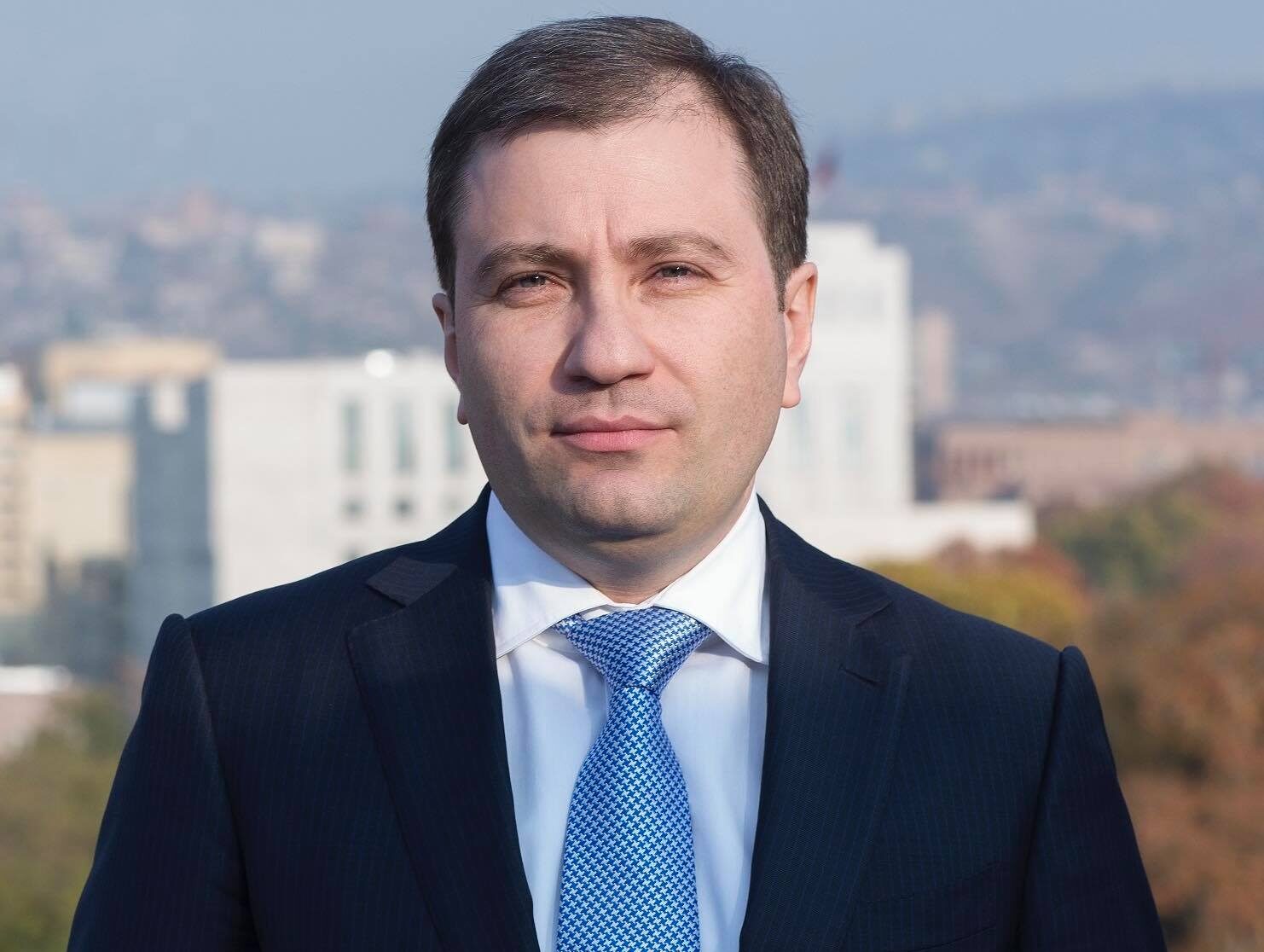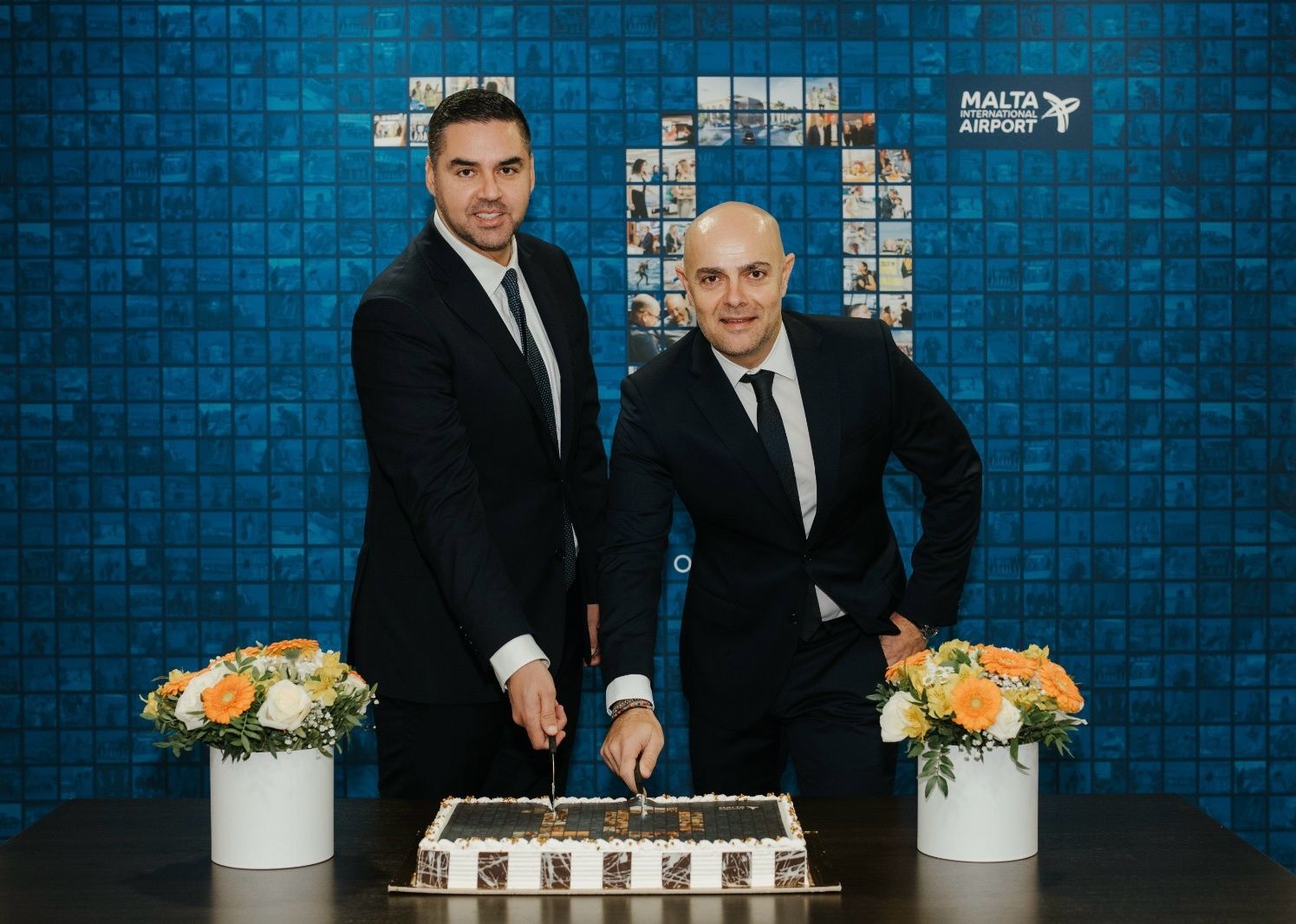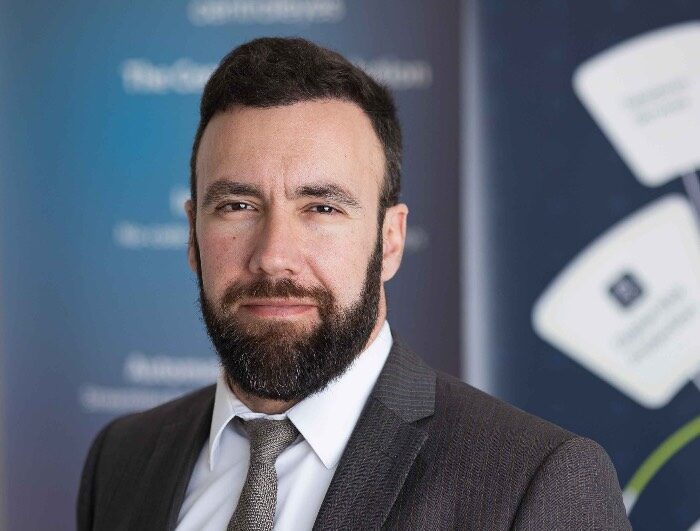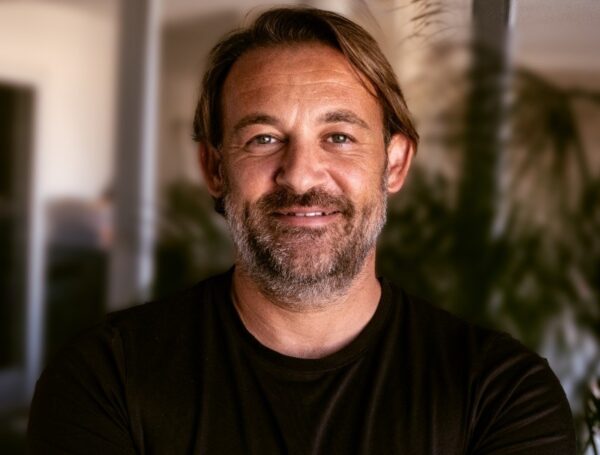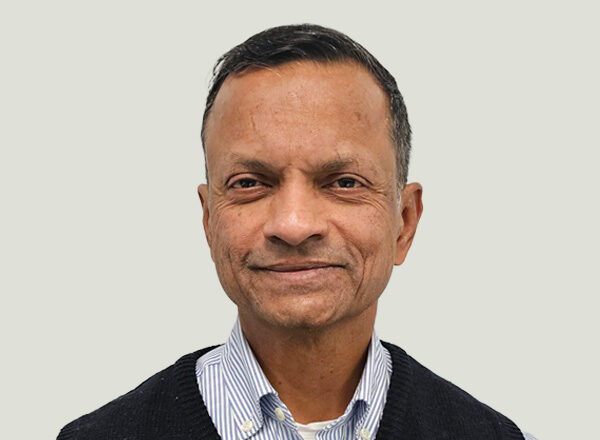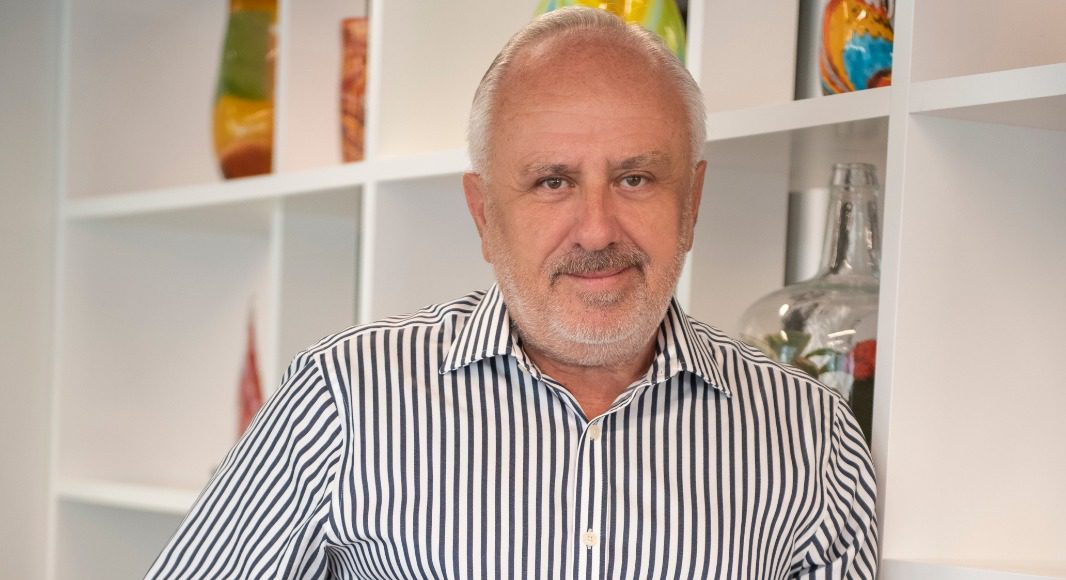Ardshinbank is “not thinking about branch closures – full stop.”
On the contrary, it plans to increase local jobs by bringing functions HSBC currently outsources back to Malta, with the intention of creating “a firm, sound, and purely Maltese operation.”
Ardshinbank Deputy Chair David Sargsyan made the comments in an interview with MaltaCEOs.mt, as the Armenian bank seeks to bolster its bid for HSBC Bank’s Maltese operation.
Ever since it was put up for sale in September 2024, several entities have expressed an interest in HSBC Bank Malta. Early bidders like APS Bank and Hungary’s OTP Bank have since pulled out, but the race has recently heated up again with Bank of Georgia, Greece’s Attica Bank and Ardshinbank each confirming their interest.
As each bank strives to shore up support from Maltese authorities – which are understood to have been a key stumbling block for previous bidders – MaltaCEOs.mt sits down with Mr Sargsyan to understand where Malta fits into Ardshinbank’s plans for growth.
A local bank, not a satellite
From the outset, Mr Sargsyan stresses that Ardshinbank would not run the Maltese operation as an Armenian outpost.
“We are not going to arrive in the Maltese market as Ardshinbank,” he said. “There is no plan to integrate operations or support functions with Armenia. This will be a pure Maltese, pure local operation – standalone in every respect, technically, culturally, and operationally.”
That localisation principle extends to systems, staffing, and brand. Ardshinbank intends to revive the Mid-Med name – the brand under which HSBC Malta was known before its 1999 takeover – arguing it still holds a strong place in the national consciousness.
“Even if it’s a local bank in structure, it also needs to be local in identity,” Mr Sargsyan explains. “We did our research, and the Mid-Med brand still has resonance. Bringing it back fits our vision.”
Removing the ‘straitjacket’
A central plank of Ardshinbank’s strategy is freeing the bank from what Mr Sargsyan calls the “straitjacket” imposed by HSBC’s gradual retreat, which has limited its investment in the Maltese operation.
“This is not unique to HSBC,” he says. “It’s part of a wider trend – global banks have been retreating from local markets for years, limiting activity and investment in subsidiaries. Regional banks, by contrast, are growing quickly.”
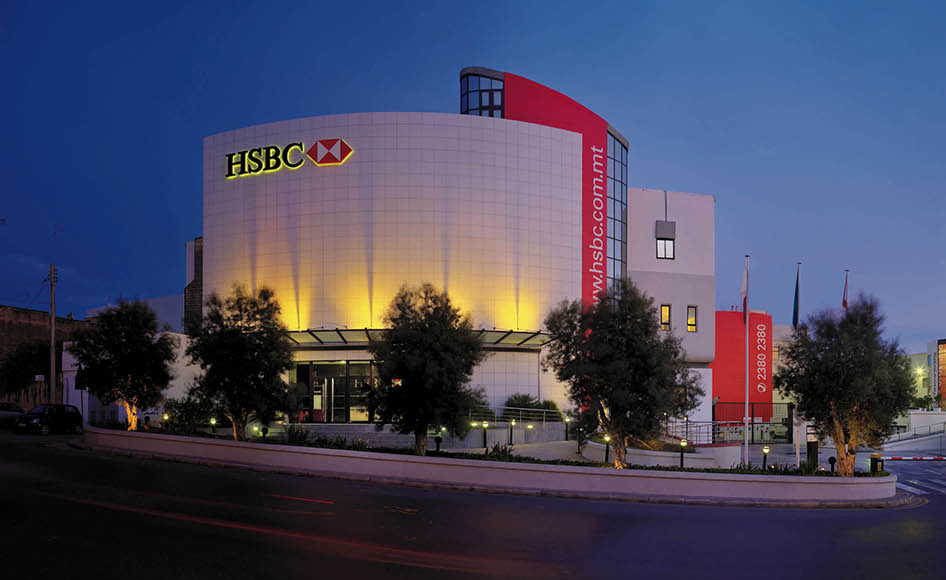
His view is that HSBC Malta has untapped potential. While still the second-largest bank in Malta, it has ceded ground to more aggressive competitors, particularly in digital banking.
“The first thing we need to do is remove that straitjacket and allow the operation to grow at the natural pace the economy allows,” says Ms Sargsyan.
Jobs back to Malta – and no branch closures
The Deputy Chair adds that one of the most immediate changes under Ardshinbank ownership would be a reversal of HSBC’s outsourcing strategy.
“A large part of HSBC Bank Malta’s support functions are done outside Malta,” he notes. “Our aim is to bring those roles back, building the functions here and investing in local talent.”
This would mean hiring more staff in Malta, not fewer, he says.
Similarly, Ardshinbank has no plans to close any branches: “It’s not about buying and closing – it’s about buying and developing. We will not be closing any branches. On the contrary, whether it’s branches, ATMs, or other infrastructure, it will be a story of expansion.”
The approach, which Sargsyan calls “phygital” – a combination of physical and digital banking – would see equal emphasis on in-person service and cutting-edge digital channels.
Malta as an EU gateway
The Maltese acquisition is not just about the domestic market. Ardshinbank views Malta as the ideal base for expanding into other EU jurisdictions, particularly in digital retail banking.
Mr Sargsyan says the bank began exploring EU opportunities two years ago, evaluating all 27 member states. Malta’s combination of transparent governance, ease of doing business, and English-speaking workforce made it stand out – even before HSBC Malta was up for sale.
“At first, we planned to invest around €100 million in a smaller Maltese operation,” Mr Sargsyan reveals. “But when the HSBC opportunity arose, we changed our vision. This is the second-largest bank in Malta, so the scale – and the opportunity – is much greater. Now, Malta will not just be a local bank for us; it will be a hub for our EU expansion.”
Addressing reputational questions
On questions about Armenia’s geopolitical position and past Russian links, Sargsyan is clear: “We are a commercial bank. Our decisions are fully independent and commercially driven. Compliance with international standards is more important to us than politics.”
As to concerns that have been raised about the previous Russian investments of Karen Safaryan, Ardshinbank’s principle shareholder, Mr Safaryan says Mr Safaryan had originally invested in Russia in the 1990s as it was opening up to foreign investment, pointedly noting that “everyone from McDonald’s to Boeing was doing business in Russia at the time.”
However, he confirms that Mr Safaryan has no remaining assets in Russia, having fully divested from the country in 2022 after its invasion of Ukraine.
From rescue to pole position
Mr Safaryan originally acquired Ardshinbank in in the early 2000s, when the institution – which has been operating since 1924 – face financial difficulties.
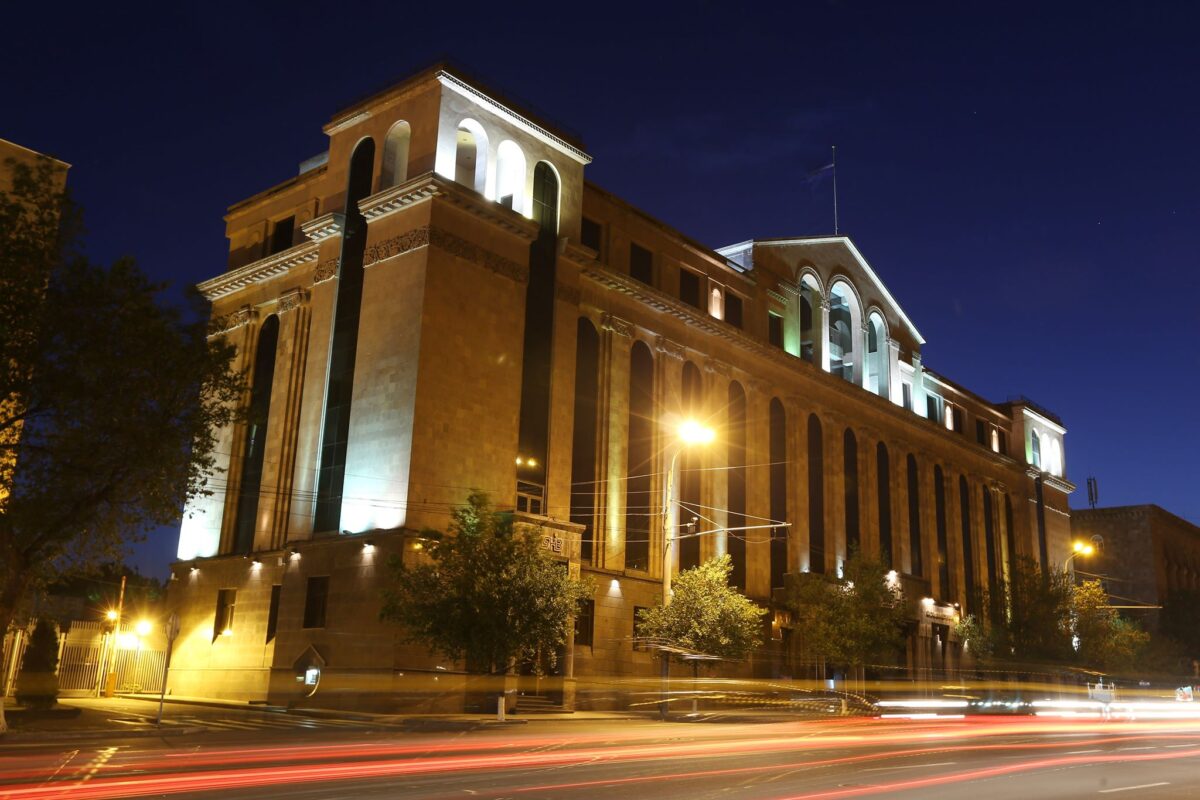
“Karen had an account in the bank at the time, with around $5 million made from his other business interests. Looking to save his money, he used his deposits to finance the acquisition, and ended up becoming a banker by chance.”
Mr Sargsyan says the turnaround process was “quite the journey,” with no dividends paid out for 15 years as profits were reinvested into the bank.
Organic growth in Armenia’s fast-developing economy was combined with four strategic acquisitions of other struggling banks and, most recently, HSBC’s Armenian operation.
“That initial $5 million investment has turned into over $1 billion in equity,” says Mr Sargsyan, thanks to “constant reinvestment and re-engineering to adapt to the rapidly changing operational environment.”
Competitive process
While acknowledging that the process of acquiring HSBC Bank Malta is highly competitive, Mr Sargsyan points to several advantages he feels Ardshinbank enjoys. These include its strong financial resources and liquidity, its recent experience integrating HSBC Armenia, and its status as a systemically important bank in its home market.
“Integrating and migrating a major bank is easy to talk about and hard to do,” he said. “We’ve done it. That, plus our track record and resources, makes us cautiously optimistic.”
Ultimately, Sargsyan frames the acquisition not as a cost-cutting exercise, but as an opportunity to revitalise one of Malta’s key financial institutions.
“We want to build a strong, capable Maltese bank that stands on its own – and then use it to take Maltese banking know-how and our own digital expertise into the rest of Europe.”
Featured Image:
David Sargsyan
MeDirect appoints Muralidhar Rama Subramanian as CCO
Prior to joining MeDirect, he served as Chief Executive Officer at FIMBank.
Yana Vella is Kula’s new Head of Finance
Yana Vella is an accountant by profession and confirmed she will remain within the blockchain industry as she takes on ...
EU Inc. ‘a big step in the right direction’ – serial entrepreneur Jacob Appel
The plan for a pan-European company structure would let startups incorporate and scale under a single rulebook.
David Curmi says KM Malta Airlines avoided cancellations despite Storm Harry
Despite heavy winds, KM Malta maintained operations for the most part.


